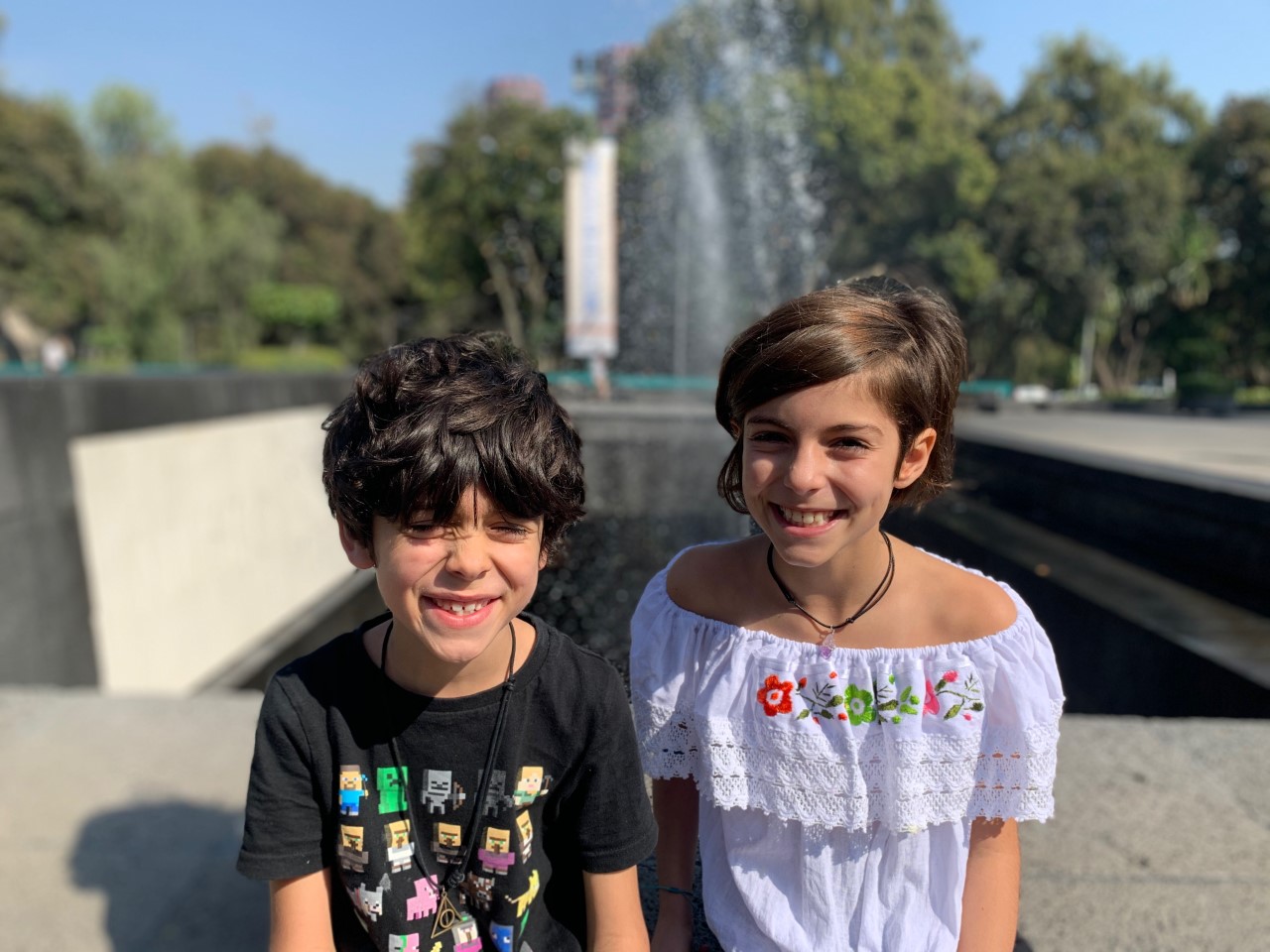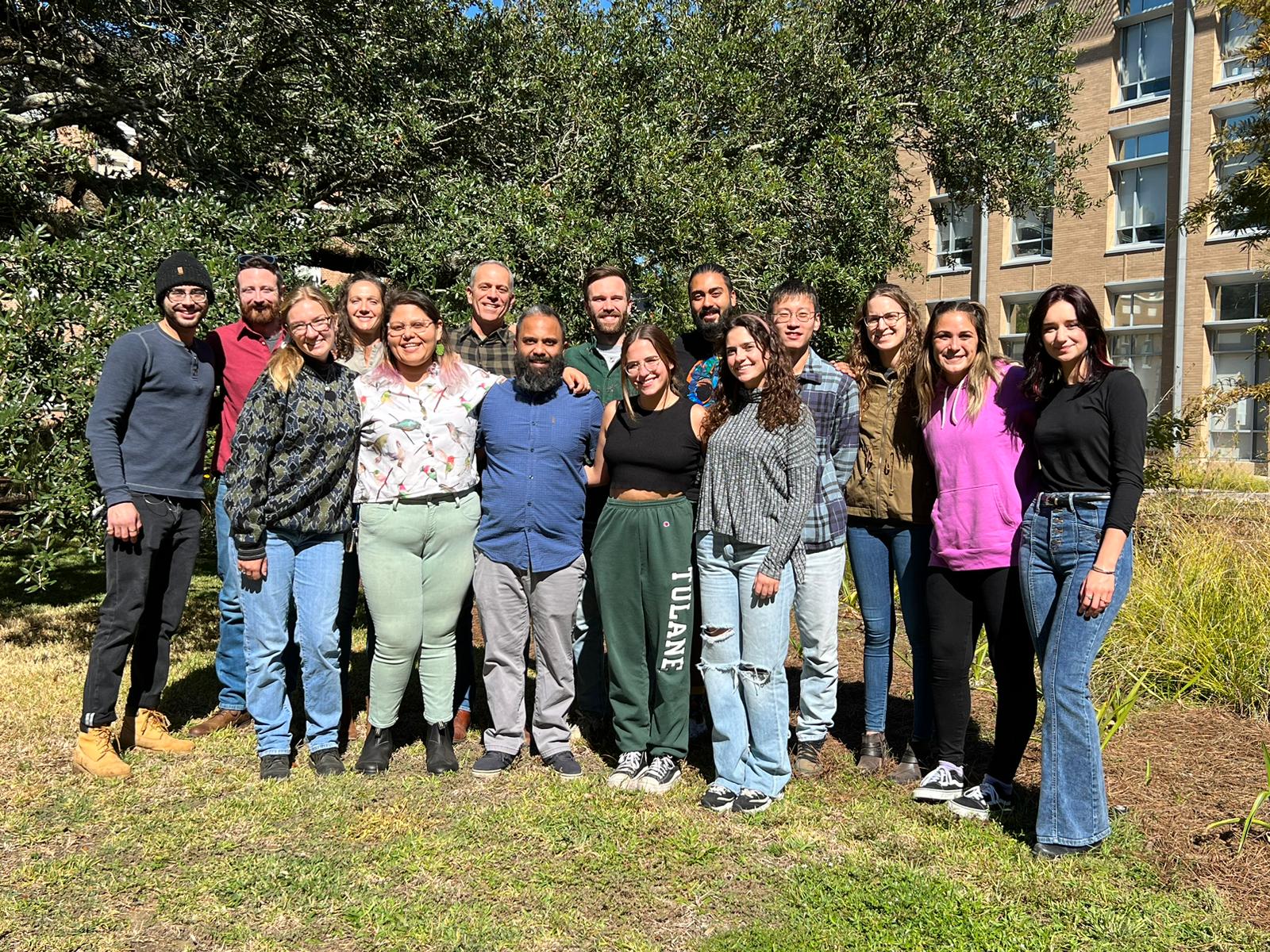
Jordan Karubian
CV July 2022 | Google Scholar Profile Phone: (504) 865-5549 Office: Israel 306 Mail: 6823 Saint Charles Avenue
Department of Ecology and Evolutionary Biology
400 Lindy Boggs Center
New Orleans, LA 70118-5698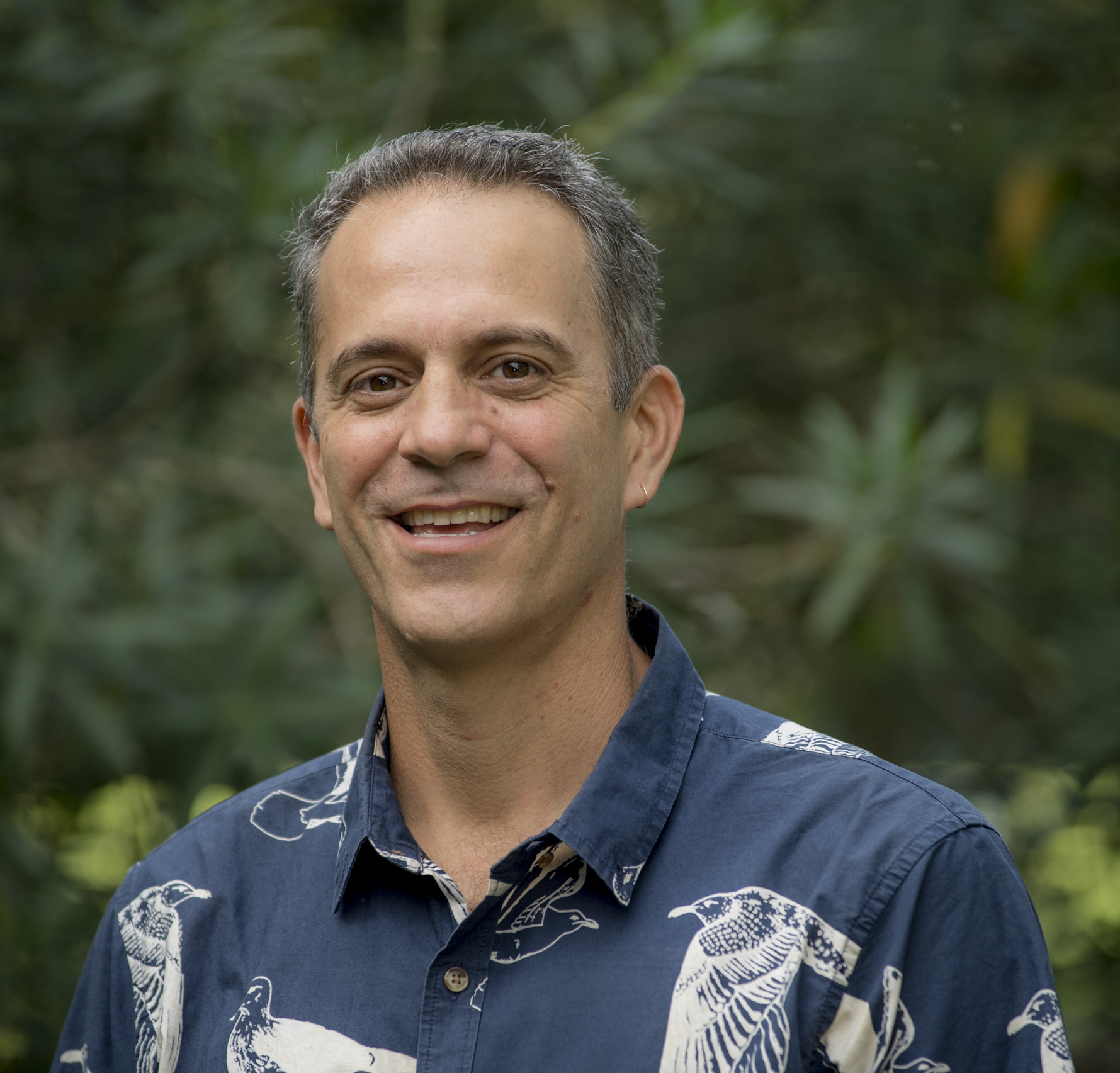
Postdoctoral Fellows
Therese Lamperty, Ph.D.
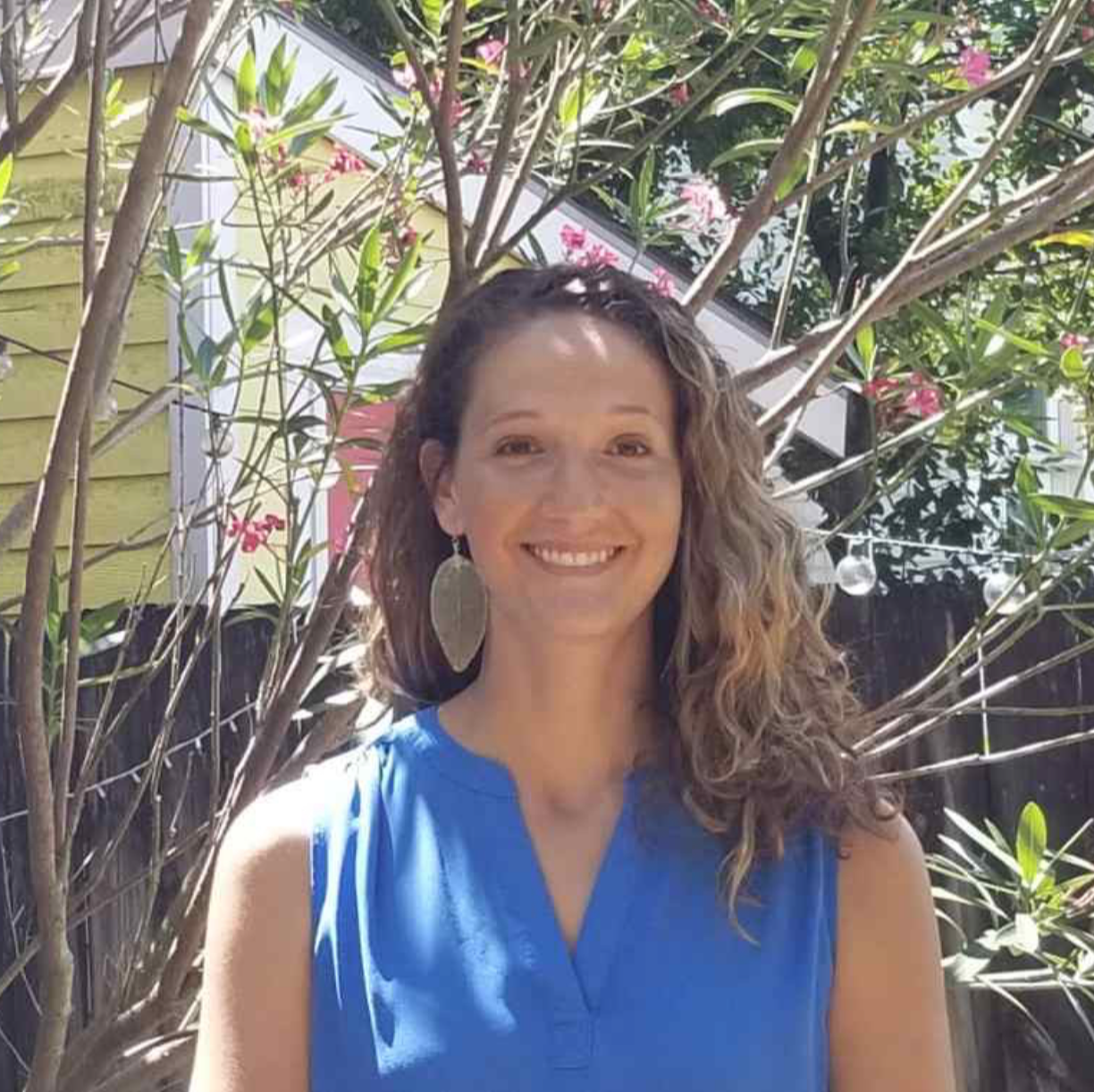
I am interested in how anthropogenic activities such as hunting and climate change alter species interactions to produce cascading effects throughout ecosystems. I received my Ph.D. from Rice University in Dr. Amy Dunham’s lab, where my research focused on understanding how poaching and the subsequent loss of large herbivores can alter understory vegetation with consequences for invertebrates and the ecological processes they drive on the forest floor in Afrotropical forests (Lamperty et al., 2020). My other work includes addressing the effects of a variety of human activities on seed dispersal processes in tropical forests and what the consequences of losing frugivores (fruit-eating animals that disperse seeds) may have for the maintenance of forest regeneration processes and the genetic diversity of animal-dispersed plants (Lamperty et al., 2021; Lamperty & Brosi, 2022). I have additionally explored aspects of rewilding in tropical forest in Southeast Asia (Lamperty et al., 2022), and am also currently studying how climate change affects plant-pollinator interactions in subalpine meadows as a postdoctoral researcher with Dr. Berry Brosi at the University of Washington. My other current research is funded through the NSF-PRFB and is in collaboration with sponsoring scientists Dr. Jordan Karubian (Tulane University) and Dr. Bette Loiselle (University of Florida) and will involve examining how hunting and the loss of large- and medium-bodied vertebrate species may trigger cascading effects in tropical forest ecosystems to ultimately alter the dynamics cause seed and seedling mortality.
Graduate Students
Kaushik Narasimhan, Ph.D. Candidate
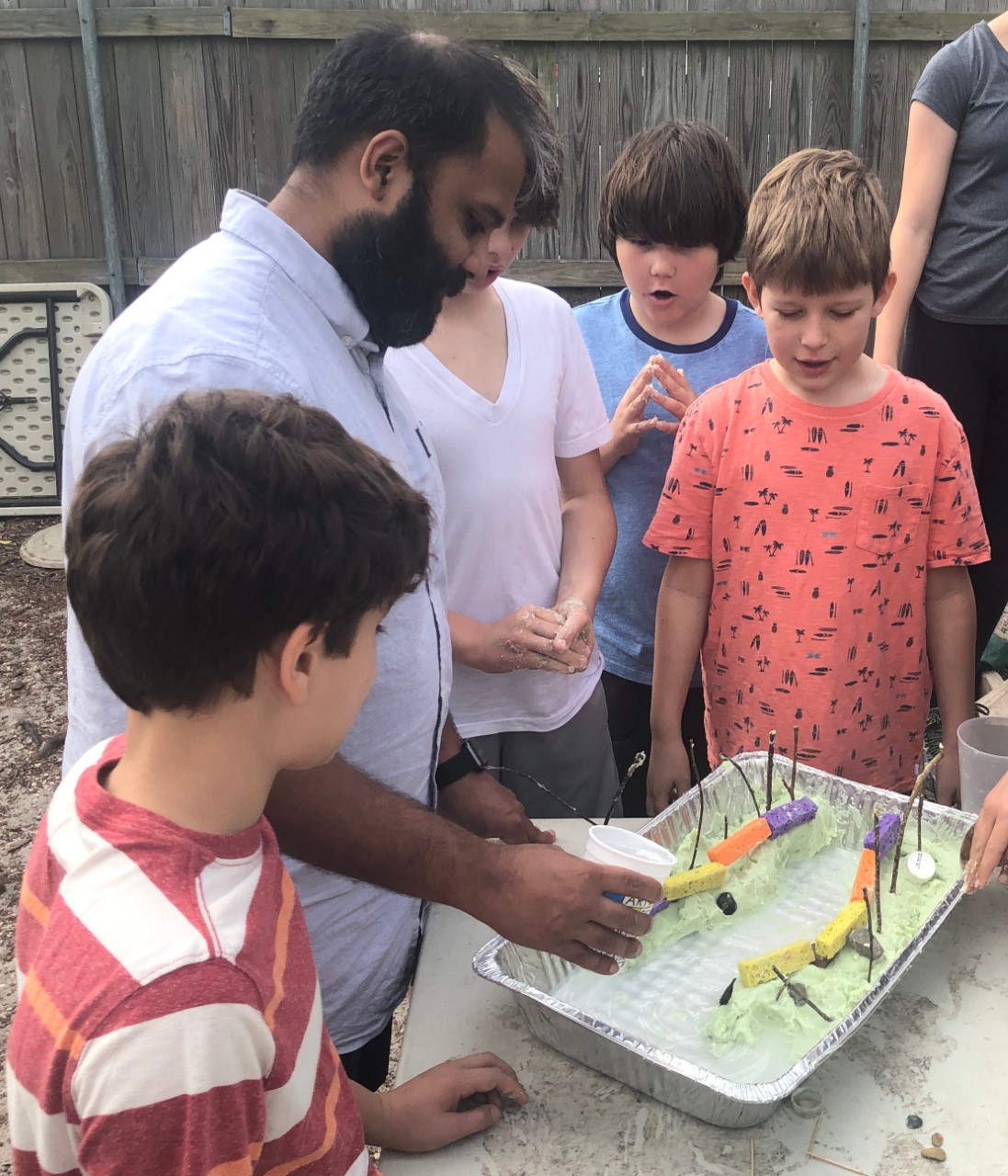
I am interested in the forest dynamics of neotropical forests, particularly in survival advantage afforded to rare genotypic individuals. My research aims to elucidate the proximate mechanisms of this advantage, including plant-macrobiotic interactions, immunological response and expression of immunological gene complexes, as well as the relative influences of other biotic and abiotic factors. For my Masters, I studied the community ecology of bats in the Peruvian Amazon in Dr. Liz Willey’s lab at Antioch University.
Annelise Blanchette, Ph.D. Candidate

I am broadly interested in animal behavior, ecotoxicology, and urban ecology. I study how environmental lead impacts the wildlife (namely the northern mockingbird and Anolis sagrei lizard) here in New Orleans behaviorally and morphologically. I also want to understand the genetic mechanisms of adaption that may allow local wildlife to cope with high-lead levels in their blood and tissues. I am co-advised by Dr. Alex Gunderson for his expertise in the Anolis lizard system. For my Masters, I studied the antipredator behaviors of aposematic and cryptic frogs in Costa Rica out of Dr. Ralph Saporito’s lab at John Carroll University.
Mike Ellis, Ph.D. Candidate
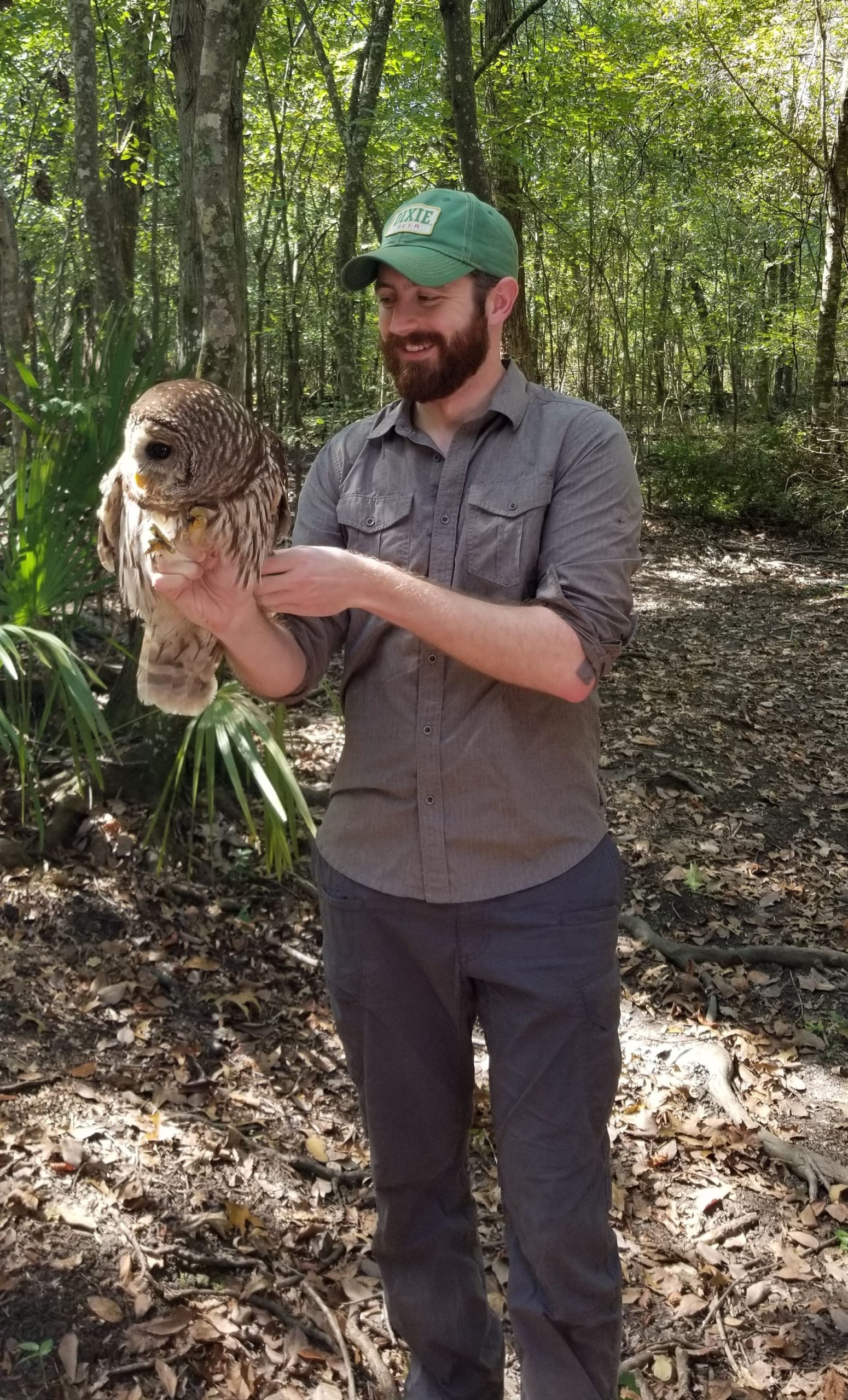
My research interests revolve around tropical ecology and evolution, primarily in western Ecuador where I have been serving as the Director of Research for Third Millennium Alliance (TMA), a conservation non-profit, since 2016. I’m most passionate about studying and conserving tropical avifauna. That passion led me to establish the Jama-Coaque Bird Observatory in northwestern Ecuador – a branch of TMA focused on advancing Ecuadorian ornithology, forest conservation, environmental education and community outreach. My dissertation research draws from data collected by both TMA and Fundación para la Conservación de los Andes Tropicales (FCAT) and will focus on anthropogenic and environmental drivers of avian abundance, diversity, turnover, extirpation and adaptation in a fragmented landscape.
Luke Anderson, Ph.D. Candidate

I am interested in sexual selection and evolutionary genomics. My research focuses on the white-bearded manakin (Manacus manacus), a lek-mating species of bird with high male reproductive skew. My work aims to untangle the relative influence of genetic and environmental factors on male mating success and investigate the consequences of strong sexual selection on the genome. Previously, I studied the role of female vocalizations in brown-headed cowbird courtship at the University of Pennsylvania.
Judith Santano, Ph.D. Student
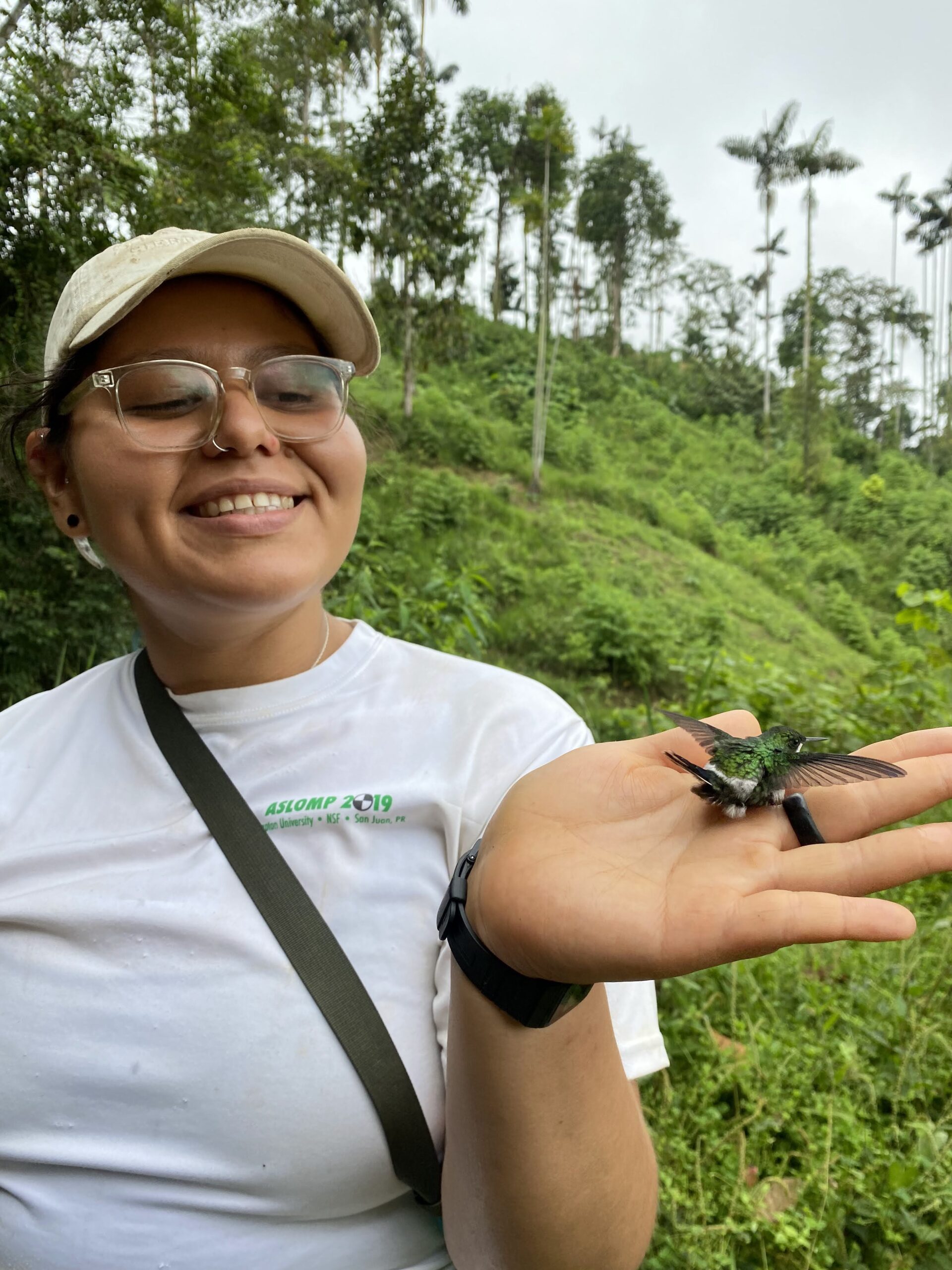
I am broadly interested in investigating how anthropogenic stressors, such as deforestation, impact bird-mediated ecosystem services, such as pollination and seed dispersal. I hope to use avian communities as a lens to provide insight into ecosystem wide processes and changes. I am also deeply invested in community-based conservation, community engagement, and environmental education. I plan on combining my passions for research, conservation, and education while working in Ecuador with Fundación para la Conservación de los Andes Tropicales (FCAT). Previously, I’ve worked in a variety of systems which included investigating foraging ecology in the coral reefs of Mo’orea, French Polynesia with The Diversity Project.
Kai Guo, M.S. Student
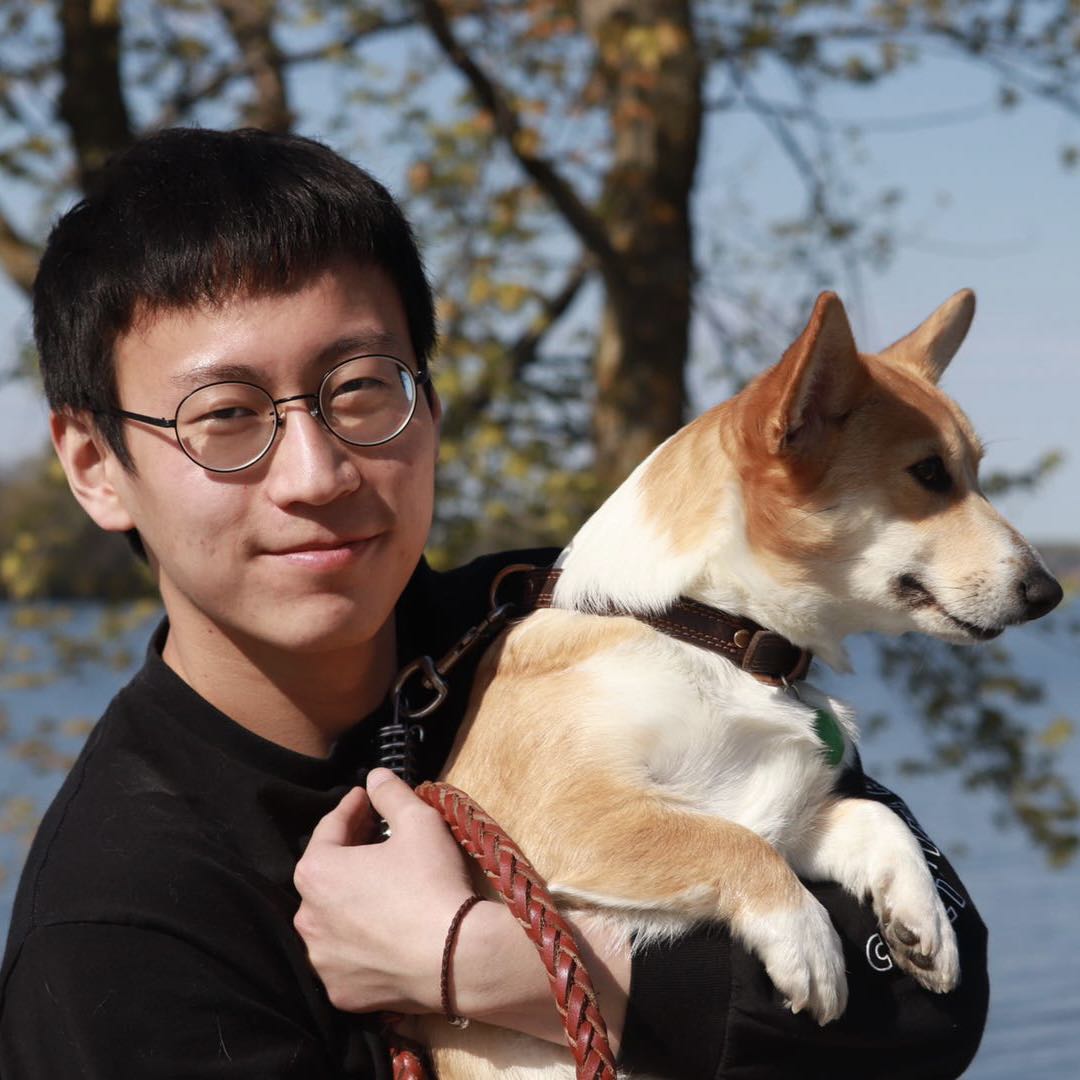
I’m a 2-year Masters student in EEB department who graduated from University of Wisconsin in 2020. I’m interested in avian behavioral ecology. My research interest focuses on how white bearded manakins interact and signal each other when a potential predator is identified. I’m also broadly interested in mobbing calls which is not a typical behavior for white bearded manakin, but a typical anti-predatory strategy for passerine birds in North America.
Vishal Narayan, M.S. Student

I am a first year master’s student in a 2-year thesis program. My interests broadly lie in population ecology, predator-prey behaviors, and anthropogenic stressors. I hope to study spatial dispersal of primary and secondary consumers and their effects on their community in Ecuador at the FCAT center. I would like to take my interests and knowledge gained from Tulane and apply it to repopulation efforts of species encroached upon by growing human development.
Kat Perkins, M.S. Student
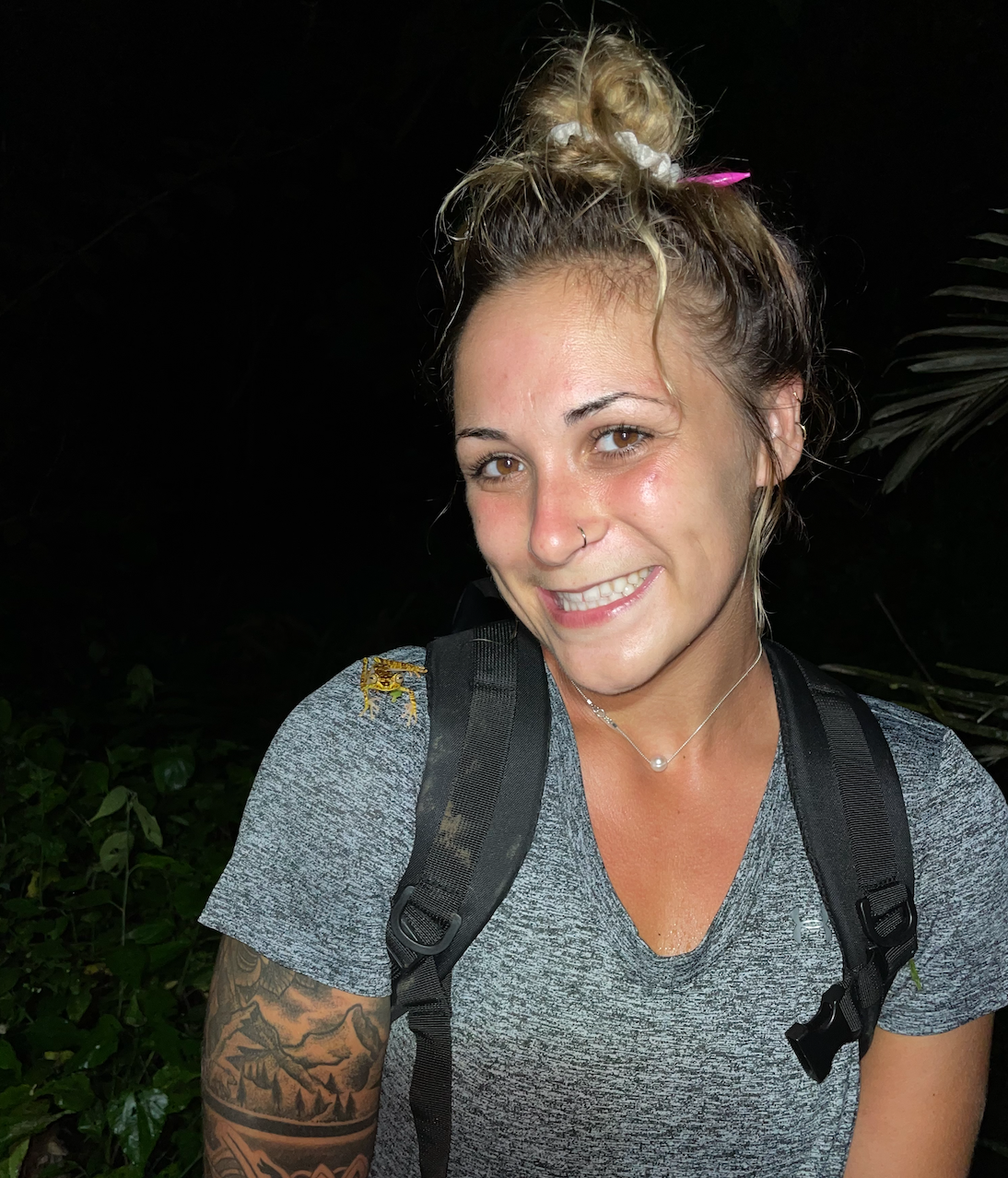
I am a 2-year thesis M.S student interested in Neotropical amphibians and endangered species conservation. My research takes place in Ecuador at the Fundación para la Conservación de los Andes Tropicales (FCAT) and focuses specifically on frog population abundances across primary forest habitats and anthropogenically influenced pastures, and the distributional patterns of the amphibian chytrid fungus Batrachochytrium dendrobatidis (Bd)
Katie Rompf, M.S. Student
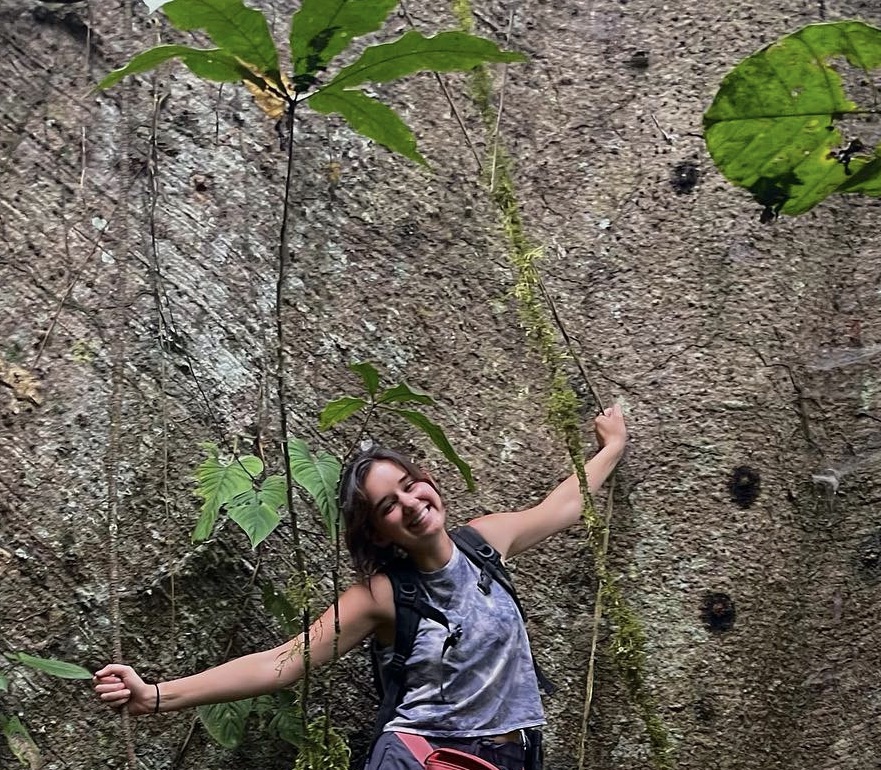
I am a Master’s student interested in avian ecology and tropical ecosystems. My research is focused on seed-dispersal by White-bearded manakins (Manacus manacus) in the Chocó rainforest of Ecuador at the FCAT research station (Fundación para la Conservación de los Andes Tropicales). Prior to my time at Tulane, I studied natural history and cannibalism in invasive Brown Widow Spiders, Latrodectus geometricus at Loyola University of New Orleans.
Undergraduates
Callie Rose Chenevert
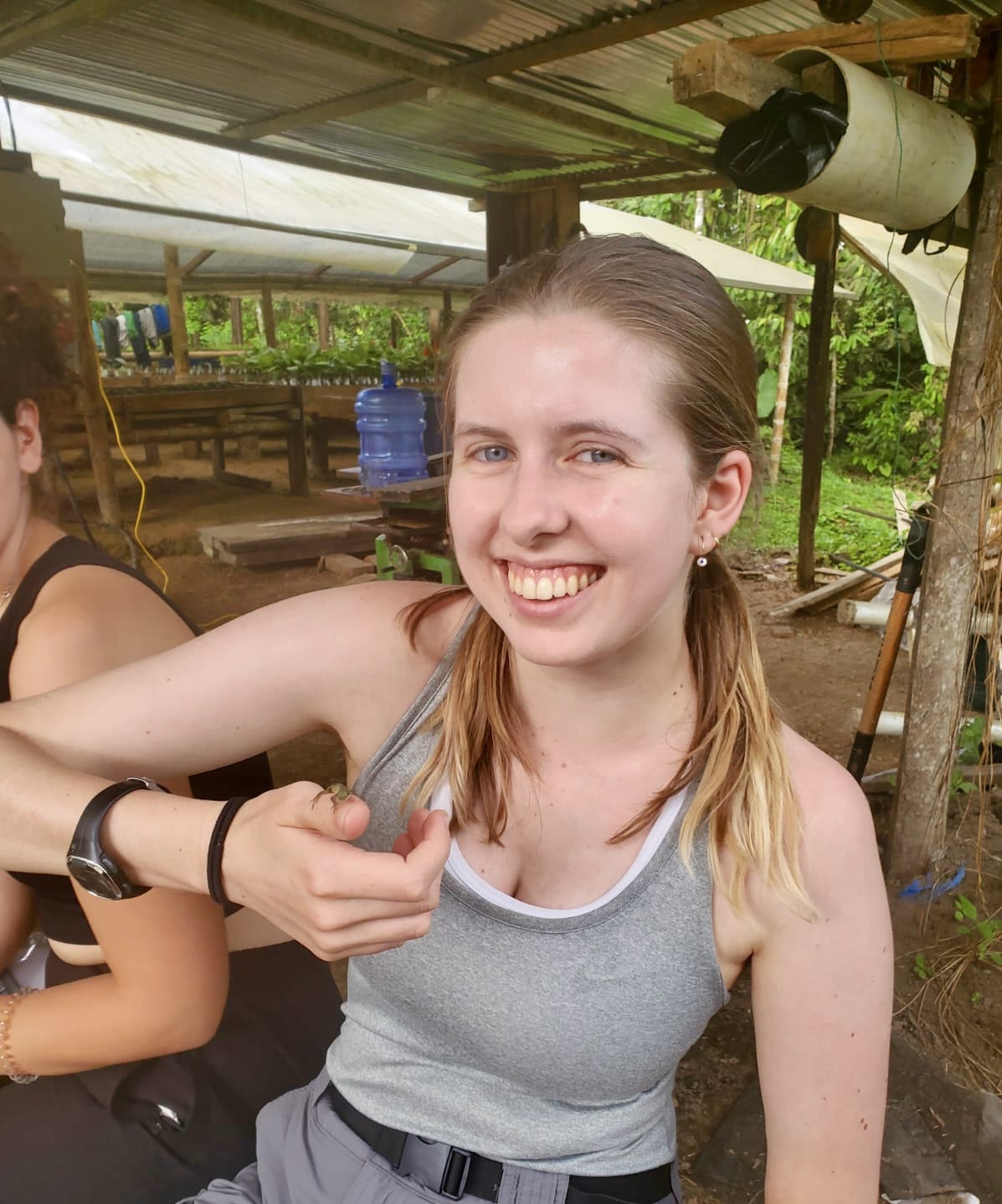
I am a junior interested in studying community ecology and incorporating conservation and local engagement into my research. Last summer, I began my independent research project studying how understory palm density affects frugivory at the FCAT station. This summer, I plan to expand the project and write an honors thesis about my work.
Jack Cohn

I’m a junior at Tulane majoring in environmental studies and environmental biology. I am interested in forest conservation and sustainable food production, although I am looking to explore other aspects of conservation as well. I am hoping to return to FCAT this summer or next summer and develop a more defined topic of research.
Levi Hoskins
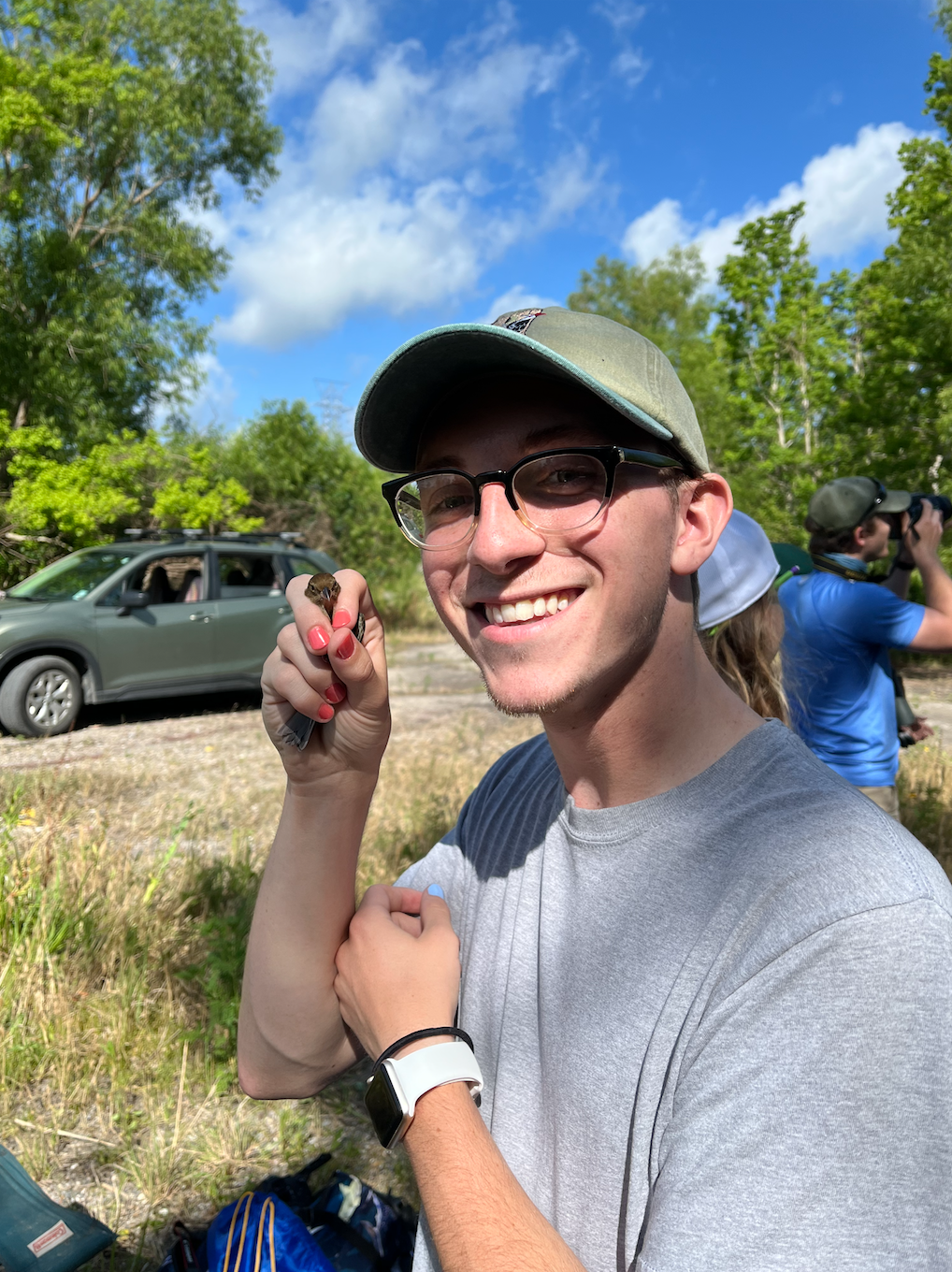
I am a senior double-majoring in Ecology & Evolutionary Biology and Environmental Studies. This year I have been working on my honors thesis, which is about the diversity and abundance of plant species at FCAT. My research interests include plant-animal interactions, ethnobotany, and the evolution of avian mating systems. In the future, I hope to focus more on paleo-ornithology and the evolutionary side of my degree to research/implement better conservation mechanisms for declining avian populations.
Maggie Millar
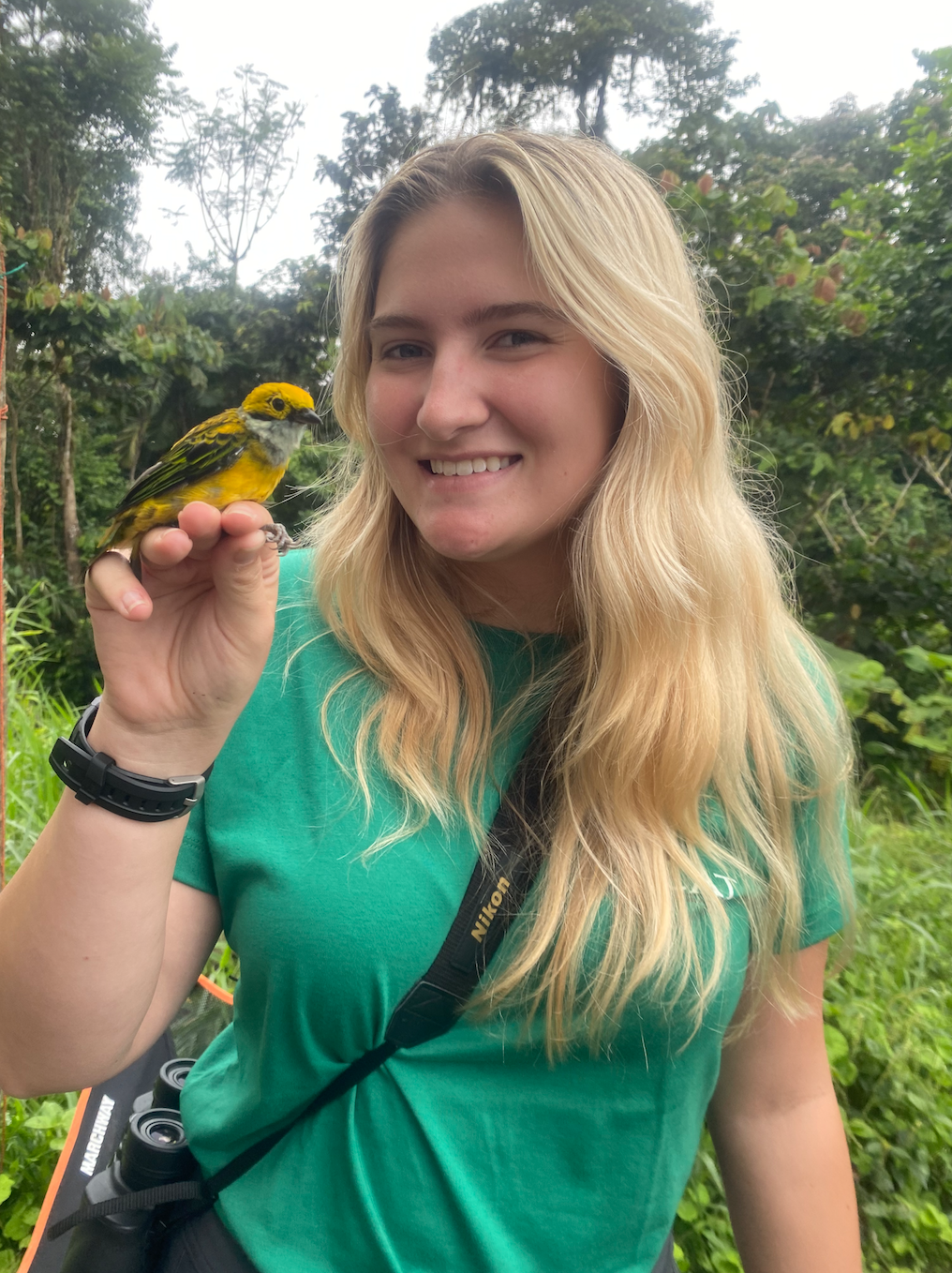
I am a junior studying Ecology and Evolutionary Biology with plans to pursue a Master’s and PhD after graduation. Last summer, I worked on a project observing high-canopy frugivore behavior to determine if their visitations are frequent enough to disperse enough seeds to aid in reforestation efforts. I am currently working on a project comparing the condition of birds captured in deforested, regrowth, and pristine plots to determine the impact deforestation is having on avian populations.
Sarah Uher, Honors Thesis
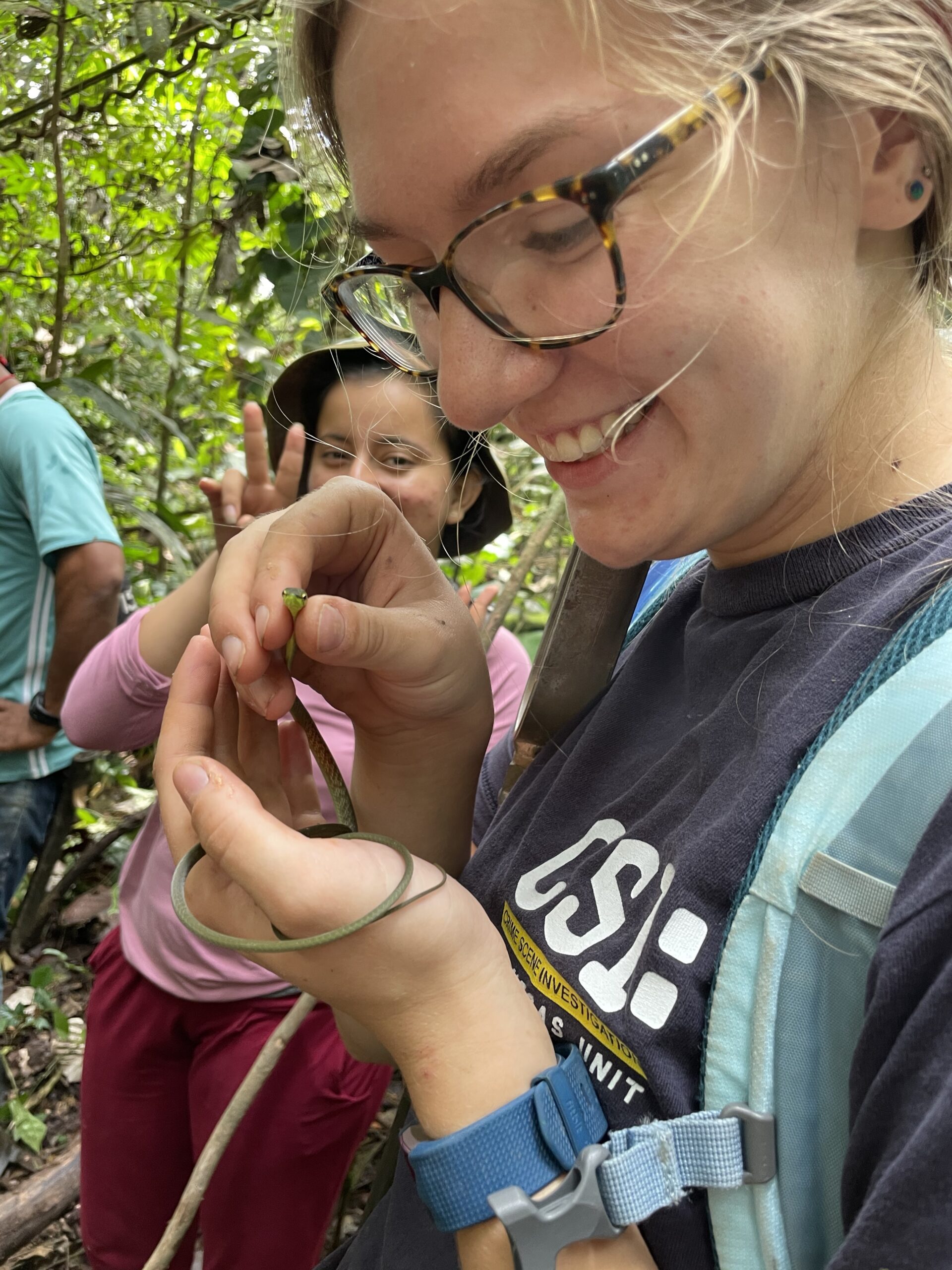
I am a senior that has been working in the lab since my first semester freshman year, organizing samples, extracting DNA, and reviewing camera trap footage. My interests broadly include botany, mycology, and pedology, which I developed while doing summer research at the FCAT station in Ecuador. When I am not doing school work, I enjoy spending time with friends, going on walks, reading, and doing art!
Lab affiliates
Tadeo Ramirez-Parada

Lorena Torres Martinez, Koch-Richardson Postdoctoral Fellow
Olivia and Joaquin Karubian, Field Operations
Lab Alumni
Ph.D. Students and Postdocs
John Jones (Ph.D., 2016-2022)
Sarah Khalil (Ph.D., 2016-2022)
Zoe Diaz-Martin (Ph.D., 2014-2020)
Brock Geary (Ph.D., 2012-2018)
Erik Enbody (Ph.D., 2012-2018)
Luke Browne (Ph.D., 2011-2017)
Samantha Lantz (Ph.D., 2011-2017)
Jenny Hazlehurst (Ph.D., 2010-2016)
Scott Walter (Postdoctoral Fellow, 2012-2014)
Kym Ottewell (Postdoctoral Fellow, 2010-2012)
Master’s Students
Tanner Mazanec (Thesis MS, 2020-2022)
Thalia Williamson (+1 MS, 2021-2022)
Galen Dolkas (+1 MS, 2021-2022)
Peyton Fralick (+1 MS, 2020-2021)
Ace Spitzer (4+1 MS, 2020-2021)
Wendy Deng (+1 MS, 2019 – 2020)
Caitlin McCormick (4+1 MS, 2019 – 2020)
Akhila Gopal (+1 MS, 2018 – 2019)
AJ Pate (+1 MS, 2018 – 2019)
Rachel Cook (+1 MS, 2018 – 2019)
Jiawen Liu (+1 MS, 2018 – 2019)
Emily Nonamaker (4+1 MS, 2016 – 2017)
Meredith Williams (4+1 MS, 2016 – 2017)
Nicole Moody (4+1 MS, 2014 – 2016)
Erik Iverson (4+1 MS, 2015 – 2016)
Roxanne Franta (4+1 MS, 2014-15)
Malinda Chambers (4+1 MS, 2014-15)
Nathan Frumkin (4+1 MS, 2014-15)
Roxanne Franta (4+1 MS, 2013-14)
Tessa Roorda (MS, 2010 – 2011)
Undergraduate Students
Ellie Casement (Honors Thesis, 2022)
Sloan Livaccari (Honors Thesis, 2022)
Erin Sheehy (Honors Thesis, 2021)
Melanie Smith (Honors Thesis, 2021)
Zachary Ripich (Honors Thesis, 2021)
Caroline Camus (Honors Thesis, 2021)
Sarah Lueder (Honors Thesis, 2020)
Morgan Furlong (Independent Study, 2020)
Nathalie Clarke (IRES Fellow, 2020)
Margaux Armfield (Honors Thesis, 2020)
Lauren Hitt (Honors Thesis, 2019)
Kyu Min Huh (Honors Thesis, 2019)
Shayna Ross (Honors Thesis, 2019)
Samuel Leberg (Honors Thesis, 2018)
Trey Hendrix (Honors Thesis and NSF IRES fellow, 2018)
Toni Brown (NSF IRES fellow, 2017)
Darcy Gray (NSF IRES fellow, 2016)
Emma Saltzberg (Honors Thesis, 2016)
Michael Mahoney (Honors Thesis, 2016)
Miles Dawkins (Independent Study, 2016)
Erik Iverson (Honors Thesis, 2015)
Alex Gulachenski (NSF IRES fellow, 2014)
Nathan Frumkin (Honors Thesis, 2014)
Mitch Hinton (Honors Thesis, 2013)
Johnny Blanchard (Honors Thesis, 2013)
Kathleen Riley (NSF IRES fellow, 2012)


